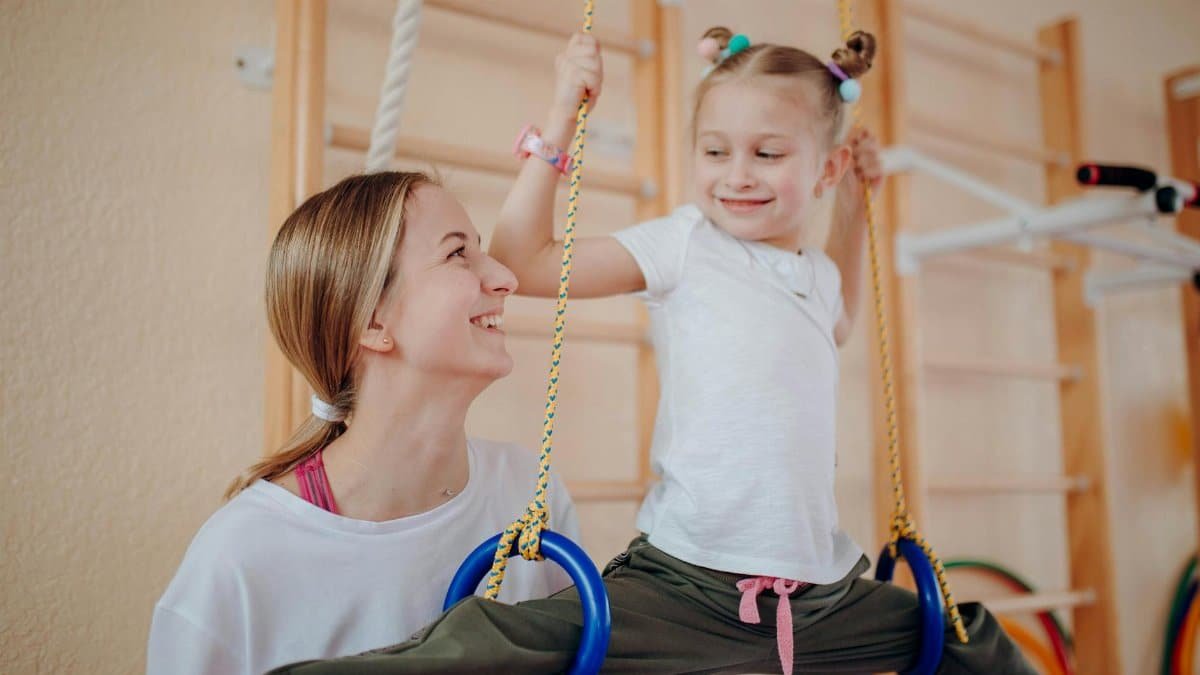Is micro dosing novelty learning the brain hack we’ve all been waiting for? This emerging trend, which involves intentionally absorbing one new piece of information daily to boost mental flexibility, is gaining traction among professionals and students alike. Promising enhanced neuroplasticity and sharper problem-solving skills, it’s a low-effort strategy with potential high reward. As more Americans seek ways to stay mentally agile in 2025, this bite-sized approach to learning could be a game-changer. But does it really work, and how can you start?
What Is Micro Dosing Novelty Learning?
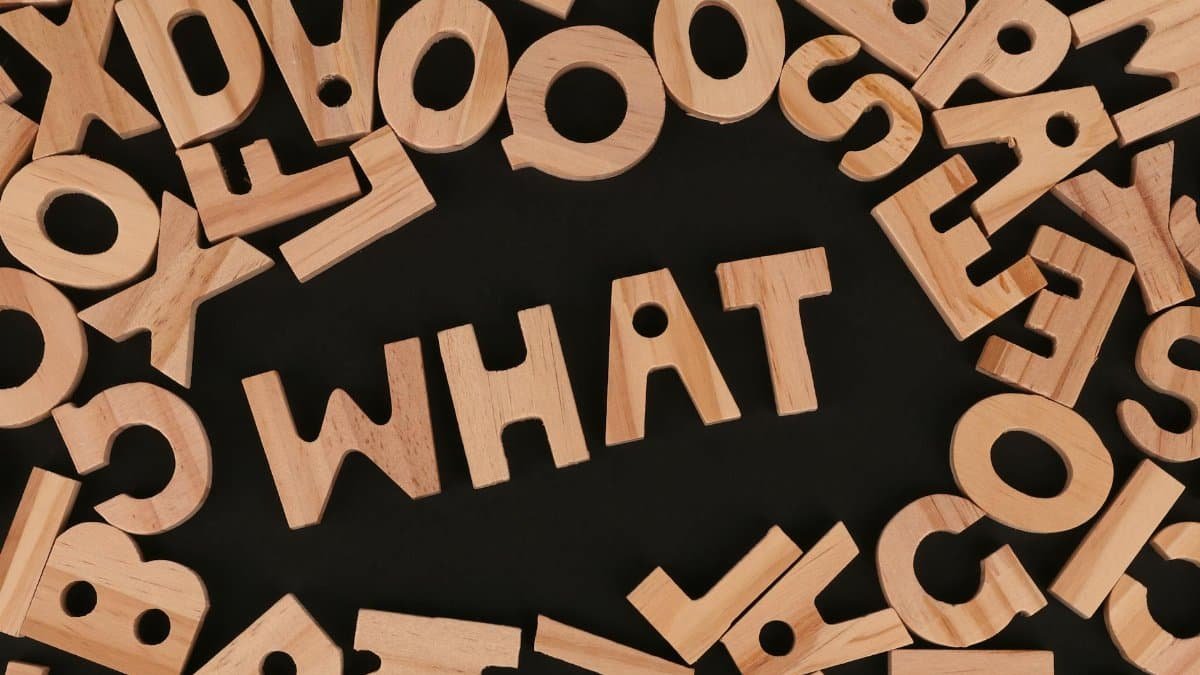
At its core, micro dosing novelty learning means exposing your brain to one small, new piece of information each day. Think learning a random historical fact, a foreign word, or a quick science tidbit. The goal isn’t mastery—it’s to spark curiosity and keep neural pathways active. Experts suggest this tiny habit can stimulate brain plasticity, the brain’s ability to adapt and form new connections, even in adulthood. It’s a simple way to combat mental stagnation without overwhelming schedules.
Why Mental Flexibility Matters Now
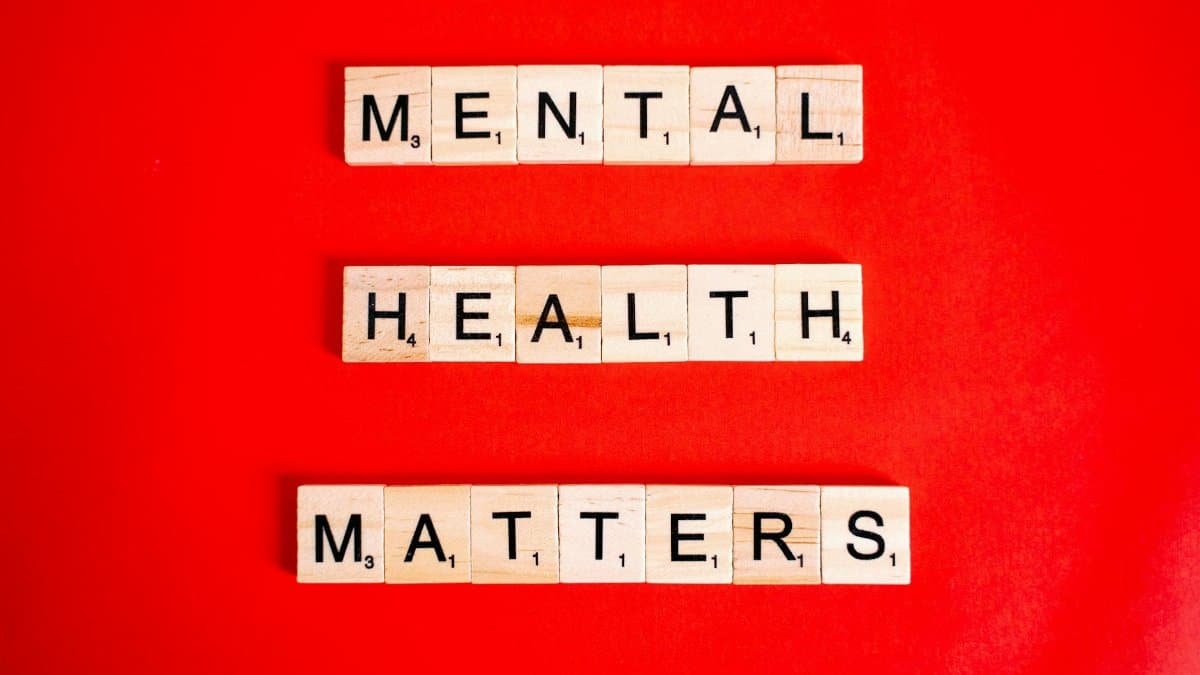
In a fast-paced world, mental flexibility is critical. The ability to pivot, solve unexpected problems, and process new ideas keeps individuals competitive in workplaces and resilient in life. Studies from institutions like Harvard show that neuroplasticity declines with age unless actively nurtured. Micro dosing novelty learning offers a practical countermeasure. As stress and burnout rise among Americans in 2025, small daily challenges to the brain could help maintain cognitive edge without requiring hours of study.
The Science Behind the Trend

Research backs the idea that novelty fuels brain health. A 2014 study published by the National Institutes of Health found that exposure to new stimuli can enhance synaptic connections, improving memory and learning capacity over time. You can read more about this at NIH Study on Neuroplasticity. By micro dosing novelty learning, you’re essentially giving your brain a daily mini-workout, keeping it adaptable and ready for bigger challenges.
How to Start With One Fact a Day

Getting started is straightforward. Pick a source—think trivia apps, podcasts, or even a “fact of the day” calendar. Commit to learning just one new thing daily, whether it’s a historical event or a quirky animal fact. Set a reminder on your phone to spend five minutes on it. Consistency matters more than depth. The key is to make it a habit without overthinking the content. Small, regular doses of novelty build momentum over time.
Real Benefits People Are Seeing
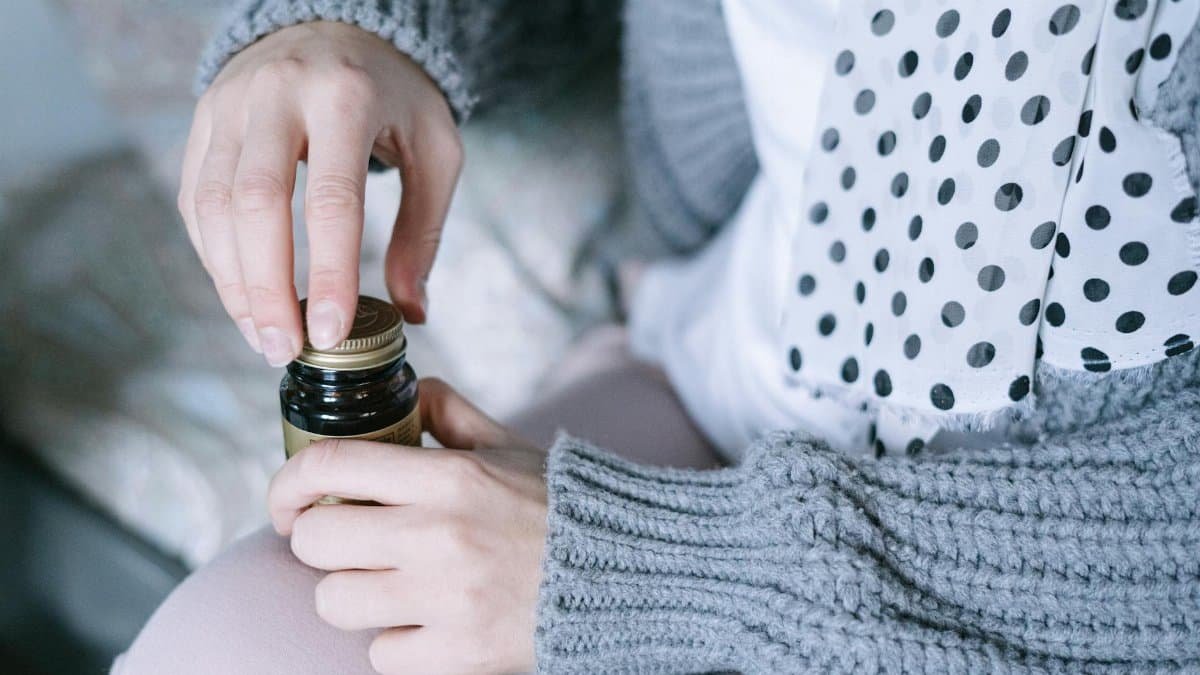
Early adopters report tangible perks. A 2023 survey by Pew Research noted that 62% of adults engaging in daily learning habits felt more confident in problem-solving. Check the broader context at Pew Research Science Studies. Users of micro dosing novelty learning often cite improved focus and a sense of mental refreshment. It’s not just about facts—it’s about training the brain to embrace the unfamiliar, a skill that pays off in unexpected ways.
Potential Pitfalls to Watch For

It’s not all smooth sailing. Some find it hard to stay consistent without a structured plan. Others feel the impact is too subtle to notice immediately, leading to frustration. The trick is managing expectations—this isn’t a quick fix for cognitive decline but a long-term investment. If the habit feels like a chore, it’s easy to abandon. Pairing it with an existing routine, like morning coffee, can help anchor the practice.
Who Should Try This Approach?

This method suits almost anyone, from busy professionals to retirees. Students cramming for exams can use it to break mental monotony. Older adults may find it a gentle way to keep their minds sharp. Even tech workers, often stuck in repetitive tasks, report that micro dosing novelty learning helps spark creativity. If you’re seeking a low-stakes way to boost brain health in 2025, this could be your starting point. Just don’t expect overnight miracles.
Making It Work for Your Life
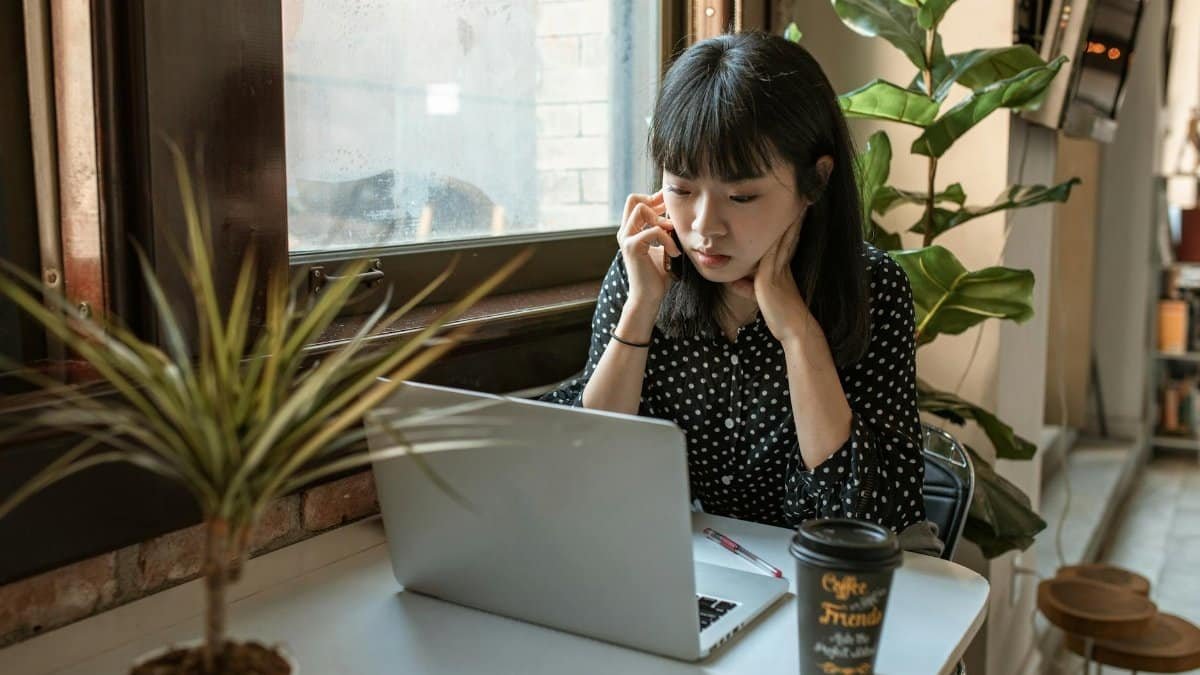
Tailor the practice to fit your interests. Love history? Focus on obscure events. Into tech? Learn a new coding term daily. The personal connection keeps motivation high. Track your progress with a simple journal or app to see how many facts you’ve accumulated over weeks. Share what you learn with friends or colleagues—it reinforces retention and makes the process social. Micro dosing novelty learning thrives on small, intentional steps woven into your day.

A certified hypnotherapist, Reiki practitioner, sound healer, and MBCT trainer, Christopher guides our journey into the spiritual dimension, helping you tap into a deeper sense of peace and awareness.
Disclaimer
The content on this post is for informational purposes only. It is not intended as a substitute for professional health or financial advice. Always seek the guidance of a qualified professional with any questions you may have regarding your health or finances. All information is provided by FulfilledHumans.com (a brand of EgoEase LLC) and is not guaranteed to be complete, accurate, or reliable.
